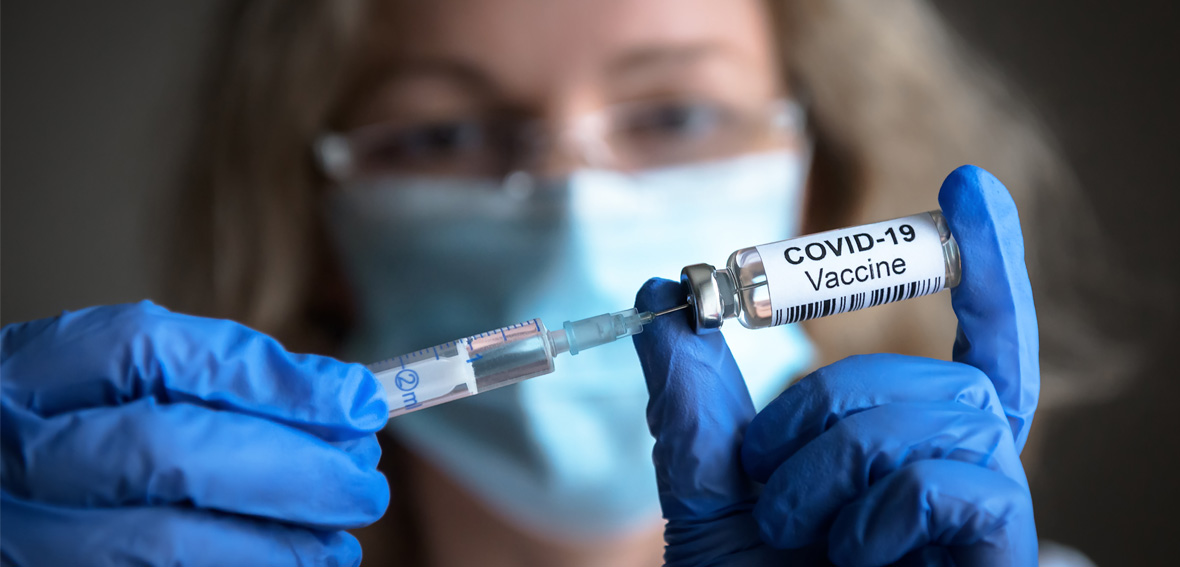About
Platform for Sustainable
Health Management
Solutions
Health Management
Solutions
Overview
The Importance of Early Response to COVID-19

As the world has become more interconnected through human mobility, migration, globalization, trade and air travel, infectious diseases can spread much more rapidly among populations. Countries which have not prepared for such a risk are now facing a greater risk of new emerging infectious diseases (IOM, 2021). According to a previous study, the evolution of pathogens over time and as a result of human behavior and practices may cause the emergence of new and re-emergence of existing infectious diseases (BCM, 20210).
Over the past 20 years, our world suffered from new emerging infectious diseases such as influenza A, Severe Acute Respiratory Syndrome (SARS), Ebola, Middle East Respiratory Syndrome (MERS), and now COVID-19. Countries affected by these diseases suffered significant loss of life, increased health burdens (injuries, health costs, etc.), and in some cases the collapse of medical systems.
It is now known that COVID-19 can be easily spread from person to person through respiratory droplets and airborne transmission (CDC, 2020), however, existing scientific-evidence or origin of this disease was not well-known previously. Due to its uncertainty and unknown characteristics, it was more difficult for our healthcare systems to prevent infections and respond rapidly.
Since COVID-19 was announced as a pandemic, the WHO and global institutions have constantly reported various topics in technical guidance for COVID-19 (e.g., social distancing, mask wearing, etc.), but only some countries successfully prevented the spread of infection. During the first phase of COVID-19, many countries failed to initiate early responses to COVID-19 and this resulted in high numbers of morbidity and mortality.
A government’s role early on for an effective response to a new emerging infectious disease is to significantly slow down new infections rates and early deaths (Bertone et al., 2020). A recent study from Korea reported that the government’s aggressive response to COVID-19 reduced infection rates, but it suggests that a long-term sustainable response strategy along with a national health system should be established to prevent further spread of COVID-19 (Kang et al., 2020).
Although the COVID-19 pandemic is not over yet, based on what we have learned from this global health crisis, it is suggested that early response in healthcare systems should be strengthened and prepared for the next phase of COVID-19 in the near future.
Over the past 20 years, our world suffered from new emerging infectious diseases such as influenza A, Severe Acute Respiratory Syndrome (SARS), Ebola, Middle East Respiratory Syndrome (MERS), and now COVID-19. Countries affected by these diseases suffered significant loss of life, increased health burdens (injuries, health costs, etc.), and in some cases the collapse of medical systems.
It is now known that COVID-19 can be easily spread from person to person through respiratory droplets and airborne transmission (CDC, 2020), however, existing scientific-evidence or origin of this disease was not well-known previously. Due to its uncertainty and unknown characteristics, it was more difficult for our healthcare systems to prevent infections and respond rapidly.
Since COVID-19 was announced as a pandemic, the WHO and global institutions have constantly reported various topics in technical guidance for COVID-19 (e.g., social distancing, mask wearing, etc.), but only some countries successfully prevented the spread of infection. During the first phase of COVID-19, many countries failed to initiate early responses to COVID-19 and this resulted in high numbers of morbidity and mortality.
A government’s role early on for an effective response to a new emerging infectious disease is to significantly slow down new infections rates and early deaths (Bertone et al., 2020). A recent study from Korea reported that the government’s aggressive response to COVID-19 reduced infection rates, but it suggests that a long-term sustainable response strategy along with a national health system should be established to prevent further spread of COVID-19 (Kang et al., 2020).
Although the COVID-19 pandemic is not over yet, based on what we have learned from this global health crisis, it is suggested that early response in healthcare systems should be strengthened and prepared for the next phase of COVID-19 in the near future.


